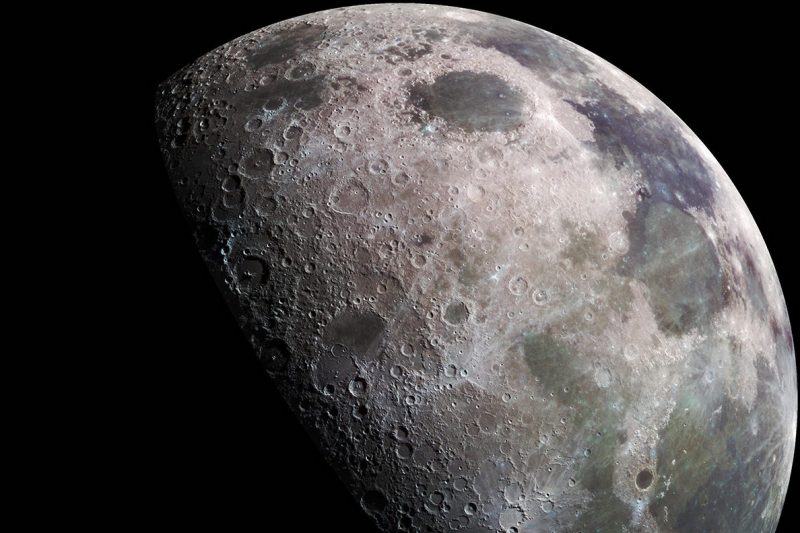New Theory On The Moon Formation, Elaborated By Scientists

In a recent study issued in the Nature Geoscience journal, the scientists came up with a new theory on the Moon formation. The new argument points out that our satellite, the Moon, was formed not as a result of a single giant collision, that with the planet Theia, but by a series of large correlated impacts. This new hypothesis would explain why the Moon appears to be composed of material very similar to that of the Earth and not a combination of Earth remnants with the remains of another world.
New Theory On The Moon Formation, Elaborated By Scientists
The scientists behind this new hypothesis are from the Weizmann Institute of Sciences at the University of Rehovot, in Israel, and they carried out around 1,000 numerical simulations of large planetary bodies impacting the Earth in its early stages. In these computer simulations, the collisions produced disks of debris, mainly consisting of terrestrial material.
The debris would have accumulated to create a small natural satellite that would have migrated to merge with a growing Moon, as the scientists explained.
Multiple Impacts Between Earth and Other Space Rocks Formed The Moon
According to the new theory on the Moon formation, the origin of the Earth’s natural satellite cannot be explained by a single impact between the Earth and another planet, dubbed as Theia by the scientists. Instead, the Moon, as the new study said, formed after about 20 collisions that would have occurred over many millions of years, and that made up our natural satellite as we know it today.
However, the same scientists point out that further studies are necessary to confirm this new theory on the Moon formation. Hopefully, China’s Chang’e-5 lunar mission would offer scientists a clear answer to this age-old dilemma. That Chinese space mission to the Moon would collect the first sample of the lunar soil since the famous Apollo missions, and it will bring it back home for further studies.
0 comments